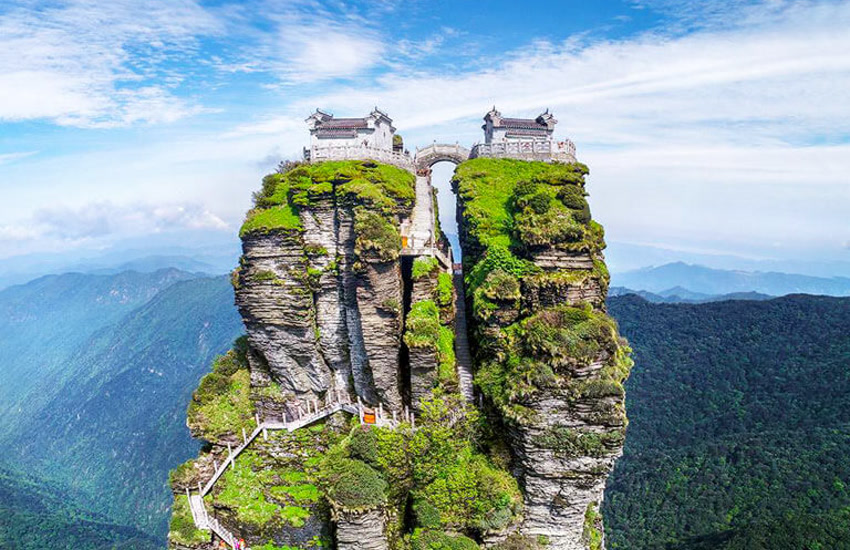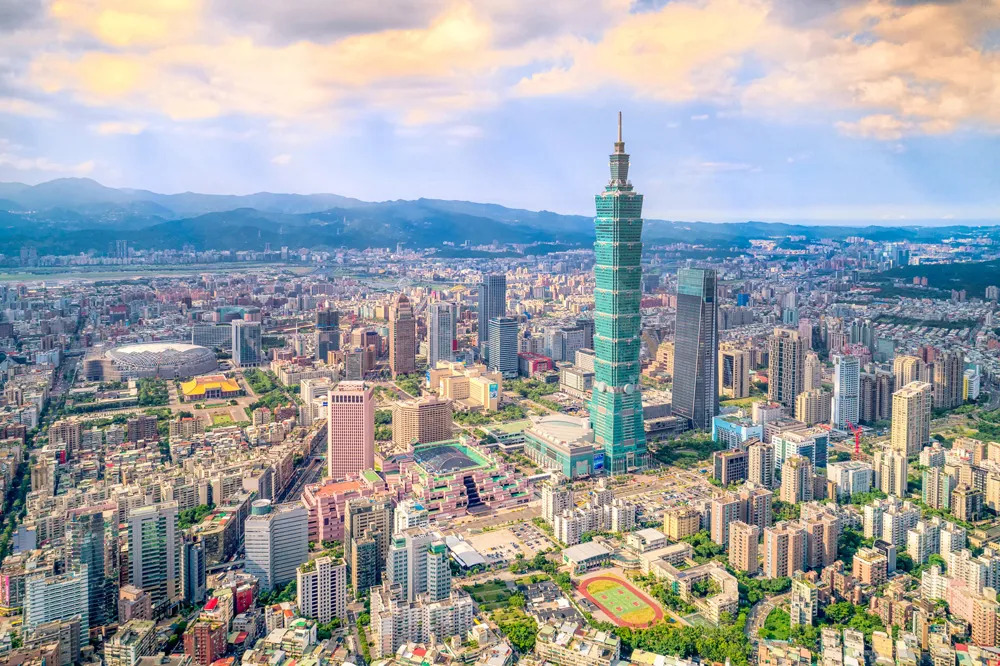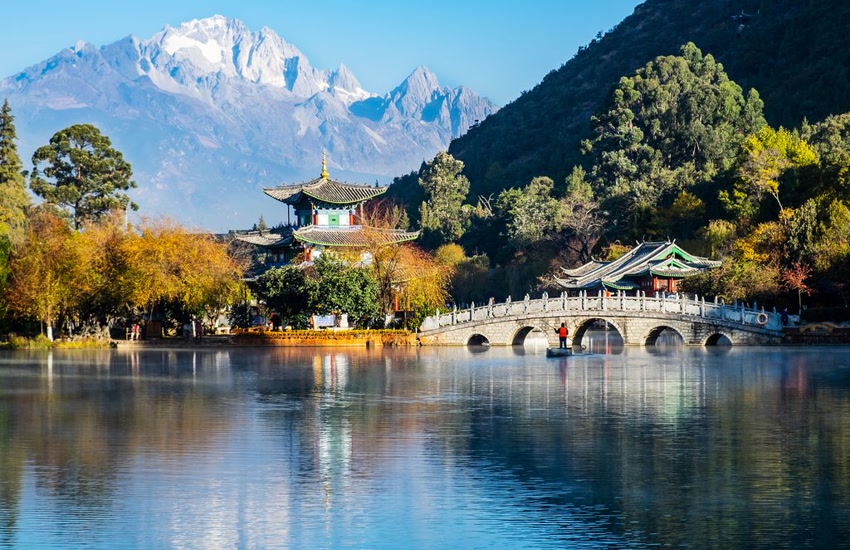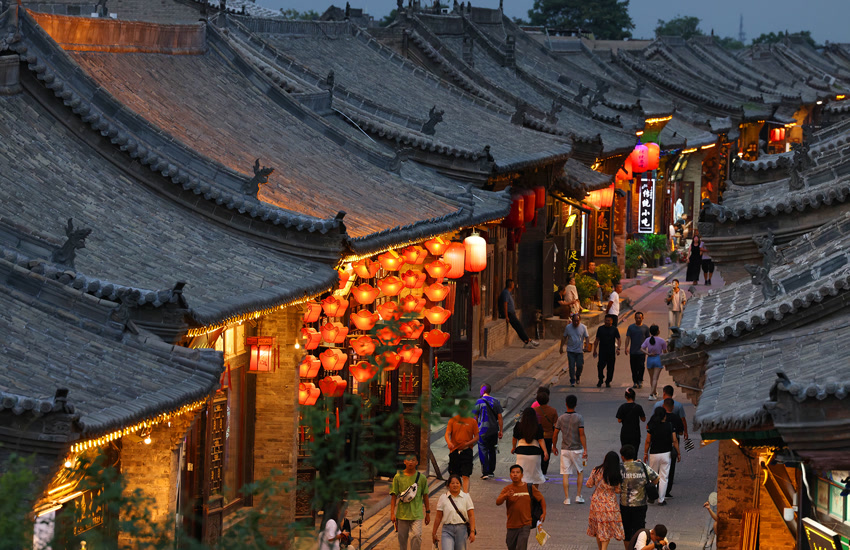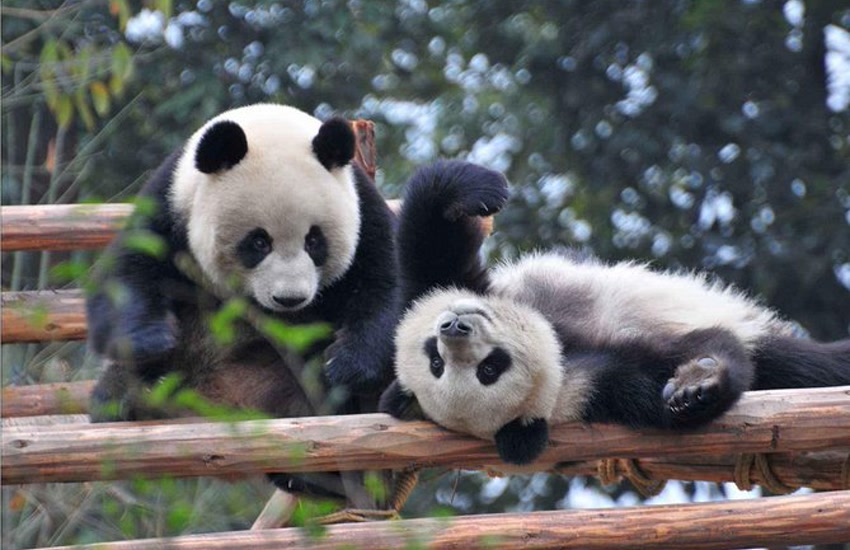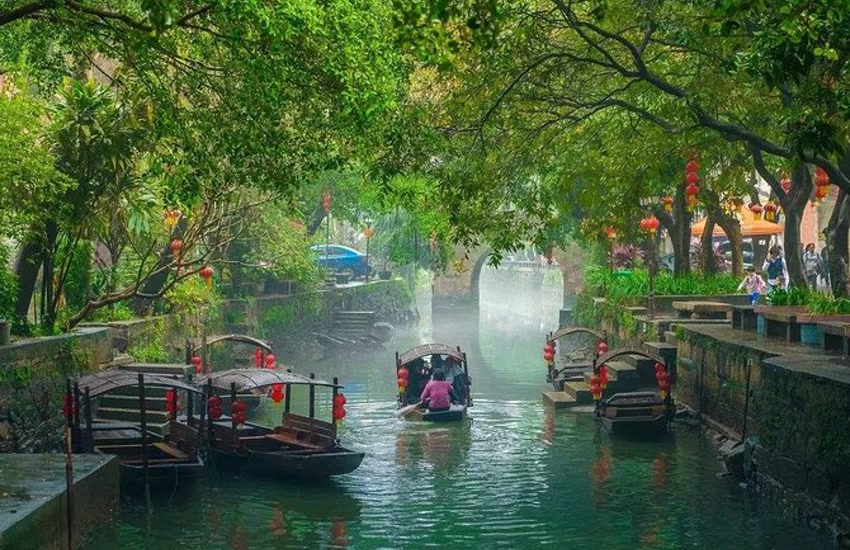
Escape the Noise: Why an Unplugged Journey to Rural China Might Be Just What You Need
Hey fellow adventurers! Ever feel like the constant stream of notifications, the rush of urban life, or the endless “always on” pressure is draining your energy? You’re not alone. Between Beijing’s bustling streets, the packed markets like Panjiayuan and Xiushui, and the whirlwind of modern travel, it’s easy to feel overwhelmed.
That’s why I chose to do something different: to unplug completely. To ditch the Beijing barbecue joints and the temple-hopping tours for a quieter, deeper kind of journey—one that nourishes the soul.
Why Rural China?
Beyond the iconic Great Wall and the Tiananmen Square tickets, China hides a softer side. A side of misty rice terraces, ancient tea villages where you can sip authentic Chinese green tea, and peaceful trails winding through sacred mountains. Whether you’re trekking through Tiger Leaping Gorge or drifting along the Yulong River in Guangxi, rural China invites you to slow down.
This itinerary is for those seeking more than a photo-op. It’s for those craving real connection, cultural richness, and a break from the digital world.
The Magic of Rural China
Imagine waking up to the gentle sounds of a rural village, the aroma of freshly cooked noodles wafting through the air, and the sight of mist-shrouded rice terraces stretching as far as the eye can see. That’s the magic of rural China.
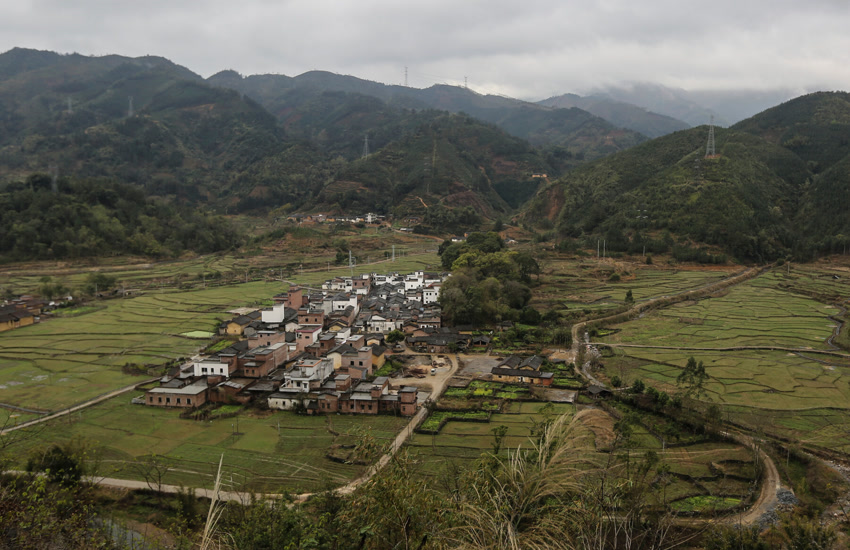
It’s a chance to witness firsthand the resilience and warmth of the local people, to learn about their traditions, and to contribute to their sustainable livelihoods. It’s a journey that feeds the soul and leaves you feeling refreshed, inspired, and deeply connected to the world.
Our 10-Day Unplugged Itinerary:
Days 1–3: Finding Harmony in Xizhou – Yunnan’s Quiet Soul
Our journey began in Yunnan province, where the air feels lighter — both in atmosphere and in spirit. After a short flight from Beijing (yes, pack light — you’ll thank yourself later), we arrived in the ancient town of Xizhou, not far from the famous Lijiang and its alpine altitude.
We stayed at the Linden Centre, a restored heritage courtyard home that feels more like a sanctuary than a hotel. With its carved wooden beams and peaceful courtyards, it wouldn’t look out of place as a set for a Chinese-style wedding — the kind you’d see in elegant bridal photoshoots. But this wasn’t a photoshoot. It was real. And it was breathtaking.
Each morning, we wandered the nearby markets, sipping freshly brewed green tea and chatting with local Bai people. These small encounters — watching a grandmother roll rice noodles by hand, or discovering a hand-painted tea set — offered not just good souvenirs from China, but also a connection to a culture that values craft, time, and tradition.
We took a half-day trip to Shuhe Ancient Town, nestled just north of Lijiang, for a slower-paced glimpse of cobbled alleys and moss-covered rooftops. It’s less commercial than Lijiang but just as atmospheric. If you’re building a China itinerary focused on authenticity and quiet wonder, this is your place.
Optional detour? If you have an extra day and crave nature, Pudacuo National Park — with its glacial lakes and vast alpine meadows — is only a few hours away, and well worth the trip.
Days 4–6: Conquering the Heights – The Tiger Leaping Gorge Hike
If Xizhou was about slowing down, then Tiger Leaping Gorge was about waking up.
After a winding drive through terraced hills and tiny roadside villages (keep an eye out for canola flower fields in spring — they paint the mountains gold), we arrived at the starting point of the Tiger Leaping Gorge hike — one of China’s most legendary treks.
Towering cliffs, thundering waters, and trails that wind above the roaring Jinsha River: it’s a place where every step feels earned, and every view humbles you.
The Gorge reaches altitudes that rival the base camp elevation of Mount Everest — and while it’s not quite as high (Tiger Leaping tops out around 2,700 meters), the sensation of standing on a narrow ledge with the valley yawning beneath your feet is eerily similar. You don’t just see the depth — you feel it in your bones.
For those who crave more than a day hike, there are camping options and rustic guesthouses that offer hot meals, simple beds, and million-yuan views. On clear nights, the stars feel close enough to touch. One traveler even told us it reminded them of the Zhangjiajie ‘Avatar Mountains’ — only without the crowds.
Depending on the season, you’ll pass fields of wildflowers, shepherds herding goats, and waterfalls that crash down beside the path. If you visit during spring, look for blooming rapeseed blossoms in nearby valleys.
This wasn’t just the high point of our trip in terms of altitude — it was also the emotional peak. The challenge, the silence, the raw beauty — everything aligned to create one of the most unforgettable experiences I’ve ever had in China.
Days 7–10: Drifting Through a Painting – Yangshuo and the Yulong River
By the time we reached Yangshuo, our pace had slowed to the rhythm of the Yulong River itself — unhurried, meandering, ancient.
Located in Guangxi province, this stretch of countryside feels like a Chinese watercolor come to life. Karst mountains rise like green dragons from the fields, and small bamboo rafts drift silently across the glassy water. If you’ve ever seen a postcard of China’s rural beauty, chances are it was taken right here.
We stayed in a small family-run guesthouse just outside of town, surrounded by sunflower patches and rice paddies. Each morning began with a steaming cup of good Chinese green tea — rich, earthy, and unlike anything I’ve tasted back home.
Days were slow and perfect: biking along the riverbanks, exploring limestone caves, watching fishermen use cormorants instead of nets. In the evenings, we wandered Yangshuo’s vibrant markets, where I picked up a few souvenirs from China — handwoven fans, tea bricks, and a carved bamboo mug that now sits on my desk as a daily reminder.
Compared to the digital rush of life in Beijing, Yangshuo feels like another planet. No horns. No schedules. Just the rustle of bamboo and the occasional quack from a nearby duck farm (yes, you’ll find local versions of the duck food chain, just don’t expect Beijing duck sauce here).
One local told us about bamboo milk, a sweet drink made by infusing water through young bamboo stalks. It’s the kind of thing you’ll only find in places like this — simple, natural, and deeply local.
If you’re wondering how much RMB to spend on one day in China, this part of the trip is where your wallet breathes easy. Most meals here cost less than 40 RMB, and a full day of bike rentals and bamboo rafting came to under 100.
As the sun set on our final evening, we sat along the riverbank watching the limestone peaks turn violet in the dusk. It was quiet, timeless, sacred. No Wi-Fi. No feeds to scroll. Just a deep exhale — and the realization that this unplugged journey had changed something inside me.
Tips for an Unplugged Adventure:
Embrace the Offline Experience
Turn off your phone, leave the laptop at home, and truly disconnect from the digital world.
Pack Light
You’ll be doing a lot of walking and hiking, so pack only what you need.
Why This Trip Matters:

The Impact of Sustainable Tourism
This journey to rural China wasn’t just a vacation; it was an investment in my well-being. It was a chance to reconnect with myself, with nature, and with the human spirit. It reminded me of the importance of slowing down, appreciating the simple things, and fostering genuine connections.
Beyond the personal benefits, this type of travel also has a positive impact on the local communities. By supporting sustainable tourism initiatives, we can help preserve the cultural heritage and natural beauty of these regions for generations to come.
| Advantages of Rural Tourism |
|---|
| Supports local economy |
| Preserves cultural heritage |
| Contributes to conservation efforts |
| Provides unique experiences |
So, if you’re feeling burnt out, overwhelmed, or simply craving a deeper connection with the world, I urge you to consider an unplugged adventure to rural China. It’s a journey that will nourish your soul, expand your horizons, and leave you with memories that will last a lifetime. Trust me, you won’t regret it!
Ready to ditch the distractions and discover the soul of rural China? Let me know in the comments below! I’d love to hear your thoughts and answer any questions you might have.
Discover our others itineraries guide:


